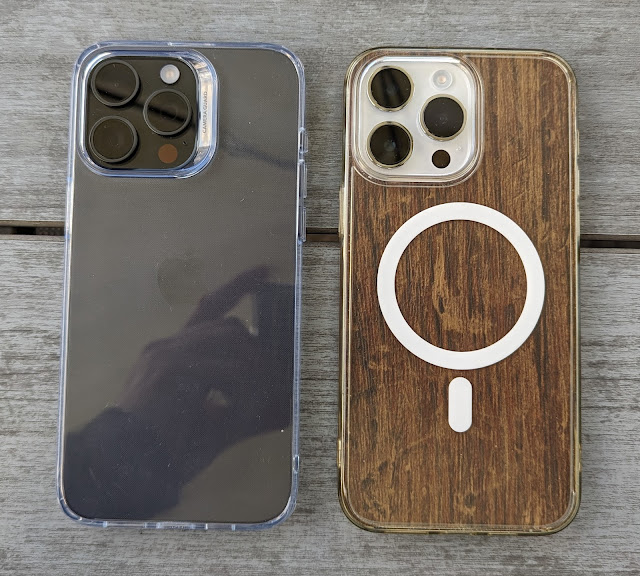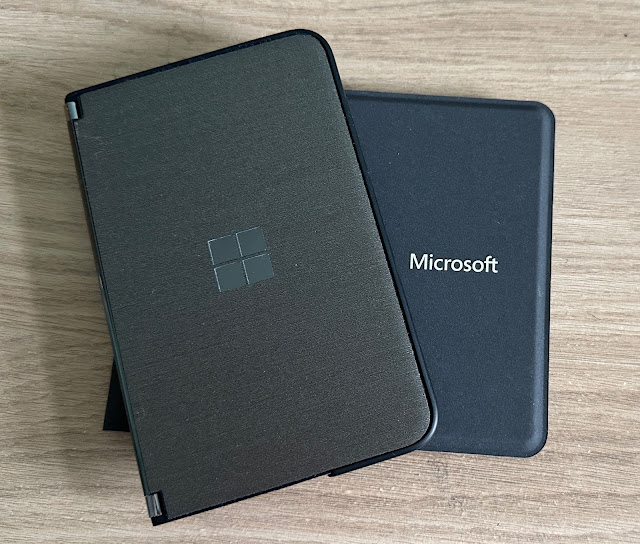The Smartphone Plateau - What It Is... And Isn't!
We've been hearing about the phone world 'plateauing' for years. I've been the one proclaiming the concept, since about 2020 - and I'm absolutely right. But 'plateau' is perhaps not what you thought it was. After all, a true plateau is just that - flat, whereas the meaning in the phone world is subtly different.
What is DOES mean is that the days of significant year on year advances in phone technology are long gone.
Any phone from 2020 will work just fine today, whether iOS or Android-based. Its performance will be 'fine', its camera putting out photos that are 'fine', its speakers and microphones 'fine', its battery life 'fine'. And so forth. Whereas once (pre-2015, say), there would be compelling reasons to trade your phone in after even less than a year, in order to get the shiny new model that was evidently better at something important, in 2025 there's almost no reason. In fact, we've reached the point where it's usually possible to write an editorial pointing out how a 'new' model is actually a backwards step compared to the 'old' (with the Samsung S24 to 25 Ultra models perhaps an example).
So in this sense, yes, phone tech has 'plateaued'. It's why I use a three year old iPhone. It's why my daughter uses a five year old iPhone, it's why I'm perpetually fiddling with a five year old folding phone, it's even perhaps why I did a video this week on using a seven year old Android device when travelling.
But at the same time, as a technologist and physicist, I recognise that there are still incremental improvements being made. The deltas from previous years are too small for the average user to see or notice, but they are there:
- Processor speeds and efficiency continue to improve. So faster chips to cope with 2025 apps and even 'on device' AI stuff (AI being a rant for another day, mind you).
- Cameras continue to improve too, with larger physical sensors in traditional and periscope lenses, allied to enough computing power and ever-cleverer multi-shot algorithms to produce cleaner shots in low light, with almost no digital noise even at the dead of night. Plus people shots will look clearer too, even in some cases with a choice of expressions for each individual in a group.
- Battery life continues to improve (although 'ultra-thin' devices later in 2025 may buck this trend), with higher capacity and even experiments in anode technology ('Silicon Carbon') to increase power density, allied to more modern chipsets being more power efficient.
- Displays continue to improve, with brighter ratings (in 'nits') and lower reflectivity of the surrounding world.
The annual 'phone upgrade' for geeks has now become 'every 3 or 4 years', I'd argue, unless you've got money to burn. But, despite the aforementioned 'plateau', upgrading from, say, a 2021 phone to a 2025 phone will certainly see a noticeable improvement across the board.
So yes, I'm in both camps with its comes to 'have smartphones plateaued?' Because they have... and yet they're still improving. Asymptotically. (Wow. I always wanted to use that word from my physics days in a blog post!) Which, for the non-mathematically inclined, means that a genuine plateau is coming (in that the laws of physics will dictate where this all ends) but that we haven't... quite... reached it yet, there's still that gentle, ever-so-gentle improvement happening.
PS. If you like my work then think about buying me a beer at paypal.me/stevelitchfield - thanks!



Comments